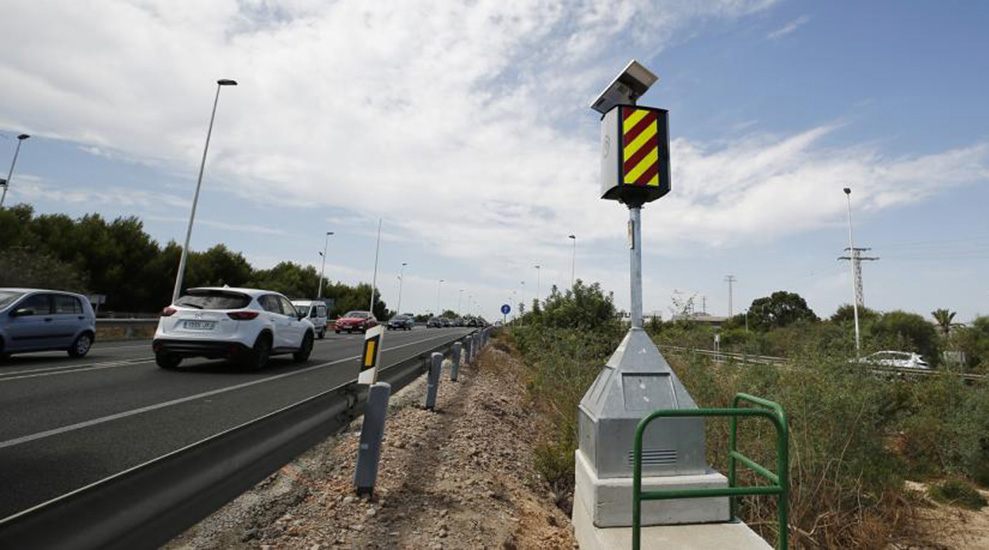If you have been caught committing a traffic offence, you are most likely to have been issued with a fine. However, sometimes mistakes do happen, or maybe you weren’t responsible for the offence being committed, in which case there is a procedure for appealing.
The DGT filed an average of 10,000 traffic fines per day in 2020, sanctioning 3,877,297 drivers.
If you agree to the fine and decide to pay the sanction that corresponds to you, you will benefit from a 50% reduction in the amount, which is commonly called ‘prompt payment’ (only available to those who do not complain).
Assuming now that you have decided not to accept prompt payment and intend to appeal the fine, you have a period of 20 calendar days to present your allegation from the date of notification, which you may have received live on the road, by post, or, if you have already registered for the service, by email, bearing in mind what we have previously said about the DGT not normally notifying you of a fine by email unless you have expressly requested they do so in advance.
In the event that the DGT tries to notify you at your postal address and does not locate you, they will publish the sanction on the Single Edictal Board. From then on, you also have 20 days to present the pertinent allegations.
You have three ways to file an appeal for a fine: Online, through the DGT web application with prior identification; by post, including your letter of allegations to the address of the Traffic Headquarters that is taking the sanction or to the Automated Complaints Treatment Centre (original documents or certified photocopies); and the third way is to do it in person at any Traffic Headquarters or Office.
There are two people who can present allegations, both the accused and the owner of the vehicle with which the offence was committed, in the event that the person responsible for it has not been identified by an officer. The allegation can also be presented by another person as long as they have a document signed by the interested party authorising them to make the request.
Be careful because the owner of the vehicle in question must correctly identify the fined driver in their car, otherwise they would be committing a very serious offence fined up to 1,500 euro.
Normally, both the DGT and the municipalities have one year to collect the corresponding fine.
When you submit your appeal, it is essential that you quote the disciplinary file number, which is made up of 12 figures and is found at the head of the communication sent by the DGT. If you present the allegations by another means that is not online, you also need to write a document explaining your allegations or the requested appeal. The DGT does offer a template that you can follow as a guideline.
As part of your appeal, provide all the documents that you think can exonerate you from the sanction. Traffic will analyse the evidence and decide whether or not you are right, issuing a resolution proposal that can be acquittal (the interested party is not sanctioned) or condemnatory (the interested party’s allegations are dismissed).
If the resolution is condemnatory. Don’t worry, all is not lost yet. If you do not agree with the resolution, you have the option of filing an appeal for reconsideration and you have a period of one month from the notification of the resolution to present it. If your arguments are not admitted by administrative means, you have the option of resorting to judicial means through a contentious-administrative appeal.
However, in this last case you need a lawyer, but the process itself of presenting allegations and appeals is totally free.
The DGT website can be accessed at www.dgt.es, where, once you have registered, you can access the electronic office to carry out a variety of functions, including fines, or MULTAS in Spanish, where you can also obtain more details about the appeals process, which can also be translated into English.





